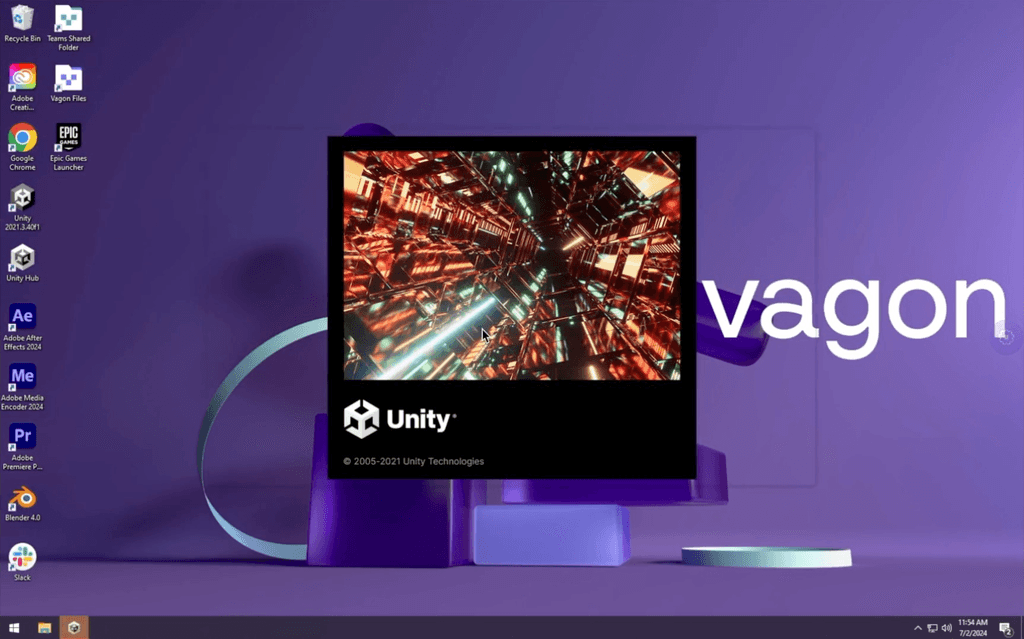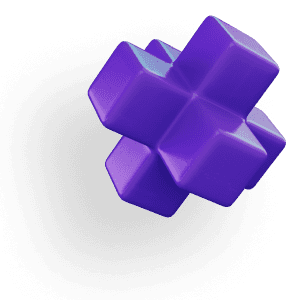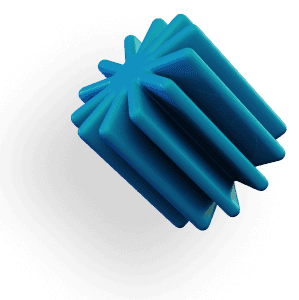HOW TO USE GPU
DxO PhotoLab (v.4 and newer)
DxO PhotoLab is known for its powerful image processing capabilities, including DeepPRIME noise reduction, which significantly benefits from GPU acceleration. By enabling hardware acceleration, you can drastically reduce processing times, especially for large, high-resolution images.
How to Enable GPU Acceleration in DxO PhotoLab
Launch DxO PhotoLab
Open the application from its default path:C:\Program Files\DxO\DxO PhotoLab 4\DxO.PhotoLab.exeConfigure Performance Settings

Select Edit > Preferences from the global navigation menu.
Under the Performance tab, ensure that DeepPRIME acceleration is set to your NVIDIA GPU.
For general processing and display improvements, check the box for Enable OpenCL under the Display and Process section.
These settings will allow DxO PhotoLab to leverage your GPU for faster image rendering, particularly when using the DeepPRIME technology.
Top Tips to Speed Up DxO PhotoLab
Upgrade GPU and CPU Together
While upgrading your GPU significantly improves processing times for DeepPRIME, pairing it with a powerful CPU ensures that bottlenecks are avoided. For instance, users with mid-tier systems, like those using an NVIDIA RTX 3060 Ti, report massive improvements in processing speed, but the CPU and RAM configuration also play a role in overall performance.Store Photos on an SSD
Moving your working files to an SSD drastically speeds up loading and exporting times. Users report that switching from a traditional hard drive to an SSD shaved off several seconds per image when exporting.Use Lower Resolution Previews
When editing high-resolution images, reducing the preview resolution can help lighten the load on the system, allowing for smoother adjustments without compromising the final image quality.Keep GPU Drivers Updated
Ensure your NVIDIA or AMD GPU drivers are up to date, as newer drivers often contain optimizations that enhance performance, especially for applications like DxO PhotoLab that rely on GPU acceleration.
DxO PhotoLab System Requirements
Minimum Requirements:
Operating System:
Windows: Windows 10 version 22H2 or later (64-bit).
macOS: macOS 11.6 (Big Sur) or higher.
Processor: Intel Core or AMD Ryzen with 4 cores.
RAM: 8 GB.
Hard Disk Space: 4 GB of available space.
Display Resolution: 1280 x 768.
Graphics Card: For DeepPRIME denoising technologies:
NVIDIA RTX with 4 GB of VRAM.
NVIDIA GTX with 8 GB of VRAM.
AMD Radeon RX6000 series with 4 GB of VRAM.
Intel ARC with 8 GB of VRAM.
Recommended Specifications:
Processor: Intel Core or AMD Ryzen with 8 cores.
RAM: 16 GB.
Hard Disk Space: 4 GB of available space.
Display Resolution: 1920 x 1080.
Graphics Card: For DeepPRIME denoising technologies:
NVIDIA RTX 2080.
AMD Radeon RX 6700 with 8 GB of VRAM.
Meeting these specifications will help you get the most out of DxO PhotoLab, ensuring efficient workflows and high-quality outputs. Keep in mind that more complex projects, especially those involving high-resolution images or extensive editing, will benefit from higher-end hardware configurations.
Top Recommended GPUs for DxO PhotoLab

NVIDIA RTX 3060 Ti
This GPU offers excellent performance for DeepPRIME and OpenCL-based tasks, making it a cost-effective option for users who need reliable speed improvements for processing high-resolution photos.NVIDIA RTX 3070
Known for its balance of power and efficiency, the RTX 3070 delivers significant speed improvements, cutting processing times dramatically even on older systems.NVIDIA RTX 2060
This entry-level RTX card is recommended for those looking to improve performance on a budget, handling the GPU-accelerated tasks in DxO PhotoLab efficiently while being more affordable.
By enabling GPU acceleration and optimizing both your hardware and settings, you can significantly speed up tasks such as noise reduction and image processing in DxO PhotoLab.
Enjoy Faster Renderings and Workflow with Vagon
When the goal is to cut down rendering times and speeding up your workflow, every second saved is a victory. But what if you could do more than just save a few seconds?
With Vagon’s cloud PCs powered by 48 cores, 4 x 24GB RTX-enabled NVIDIA GPUs and 192GB of RAM, work on your projects faster than ever. It’s easy to use, right in your browser. You can transfer your workspace and files in just a few clicks and try it yourself!





